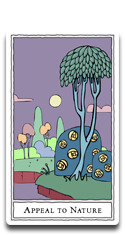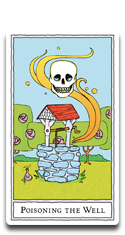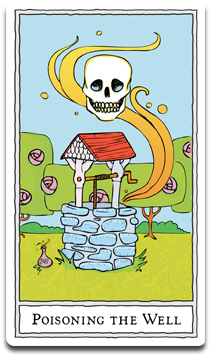Appeal to Personal Incredulity
 The Appeal to Personal Incredulity is the conclusion that something must or must not be true, simply because another possibility is unimaginable.
The Appeal to Personal Incredulity is the conclusion that something must or must not be true, simply because another possibility is unimaginable.
The word ‘incredulous’ should conjure images of flustered bureaucrats pointing their index fingers in the air, yelling “Preposterous!”
This argument is not really an argument at all, it’s a rejection. Just because someone has difficulty understanding or accepting how something works, doesn’t make it not so, nor does it validate other explanations.
It can also be used as an arguing tactic against others. When someone says “How could anyone possibly think of another reason for this yellow puddle on the floor?! Obviously, the dog spilled apple juice!” they would be appealing to their own incredulity, in addition to making anyone else feel like a dope for suggesting anything to the contrary. This is a silencing tactic is designed to reinforce a single view-point and squelch debate.
This fallacy is often categorized as a sub-fallacy of the ‘Argument from Ignorance’, which is also closely related to ‘God of the Gaps.’





 Poisoning the Well is an attempt to bias an audience’s opinion before an opponent has had a chance to state their case.
Poisoning the Well is an attempt to bias an audience’s opinion before an opponent has had a chance to state their case.